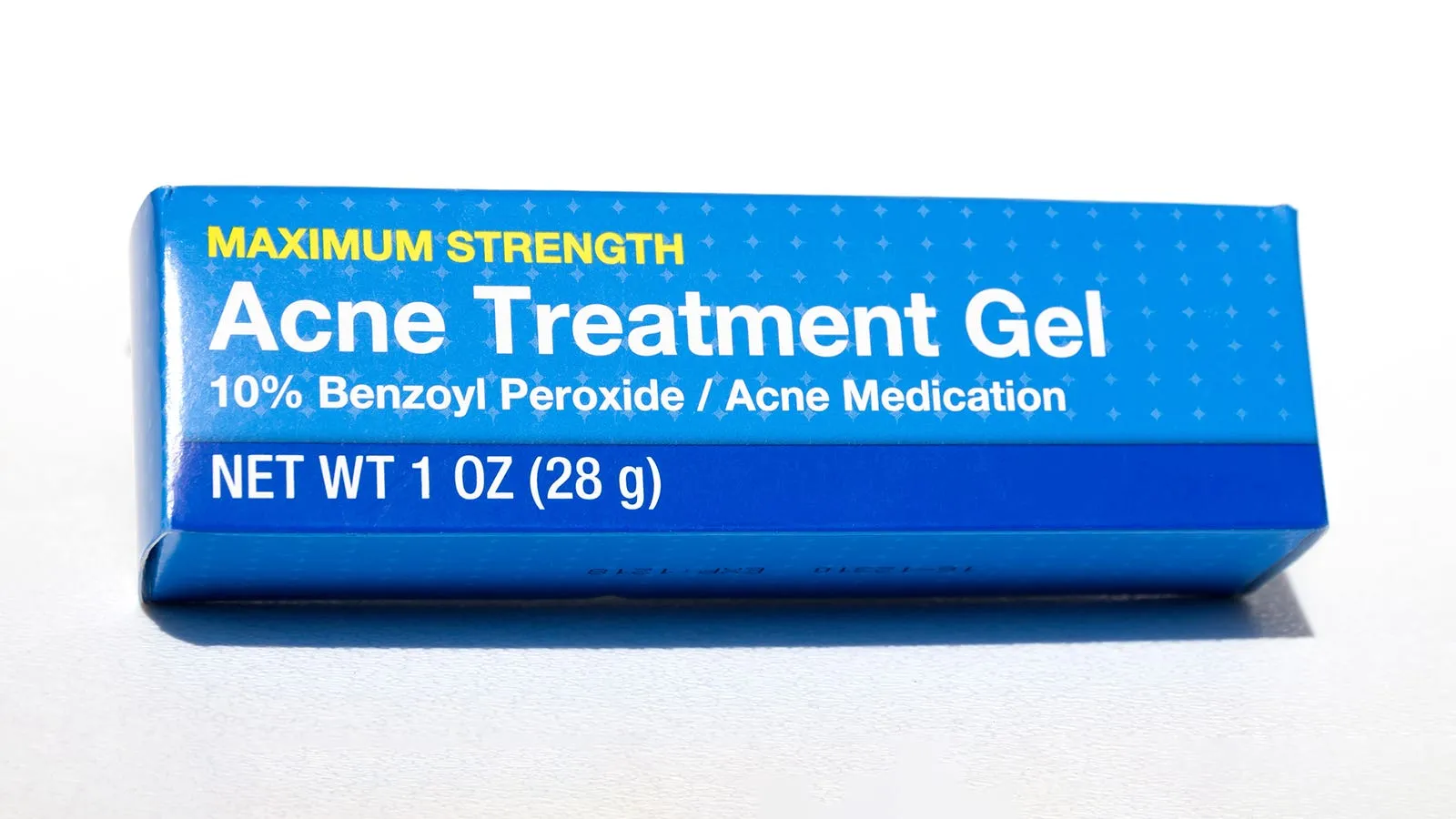Acne Treatments and Their Hidden Dangers: Benzene Levels Found to Be High

High Benzene Levels in Over-the-Counter Acne Products
Recent studies have raised red flags about common acne treatments purchased over-the-counter. Researchers discovered that many of these products contain alarming levels of benzene, a known carcinogen, which poses serious health risks to consumers.
Implications of Benzene in Acne Treatments
This discovery is particularly troubling as these products are used widely by individuals seeking solutions for their skin issues. Consumers often trust that over-the-counter medications meet safety standards, but this finding indicates a need for greater scrutiny and awareness.
- Potential Health Risks: Consistent exposure to benzene can lead to serious health implications, including increased cancer risk.
- Consumer Awareness: It is essential for consumers to be aware of the products they use and their potential risks.
- Manufacturer Accountability: Manufacturers should be held to stricter safety guidelines to protect public health.
For more information about safe acne treatments, consider visiting reputable health organization websites.
Disclaimer: The information provided on this site is for informational purposes only and is not intended as medical advice. We are not responsible for any actions taken based on the content of this site. Always consult a qualified healthcare provider for medical advice, diagnosis, and treatment. We source our news from reputable sources and provide links to the original articles. We do not endorse or assume responsibility for the accuracy of the information contained in external sources.
This article was prepared using information from open sources in accordance with the principles of Ethical Policy. The editorial team is not responsible for absolute accuracy, as it relies on data from the sources referenced.